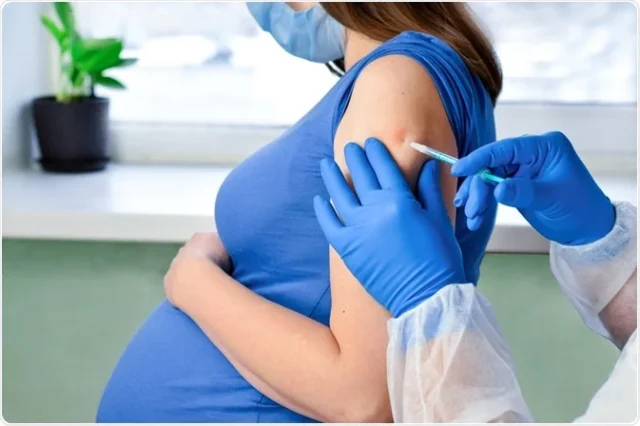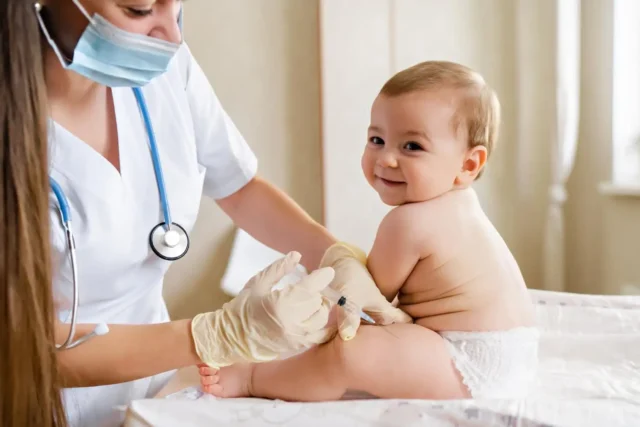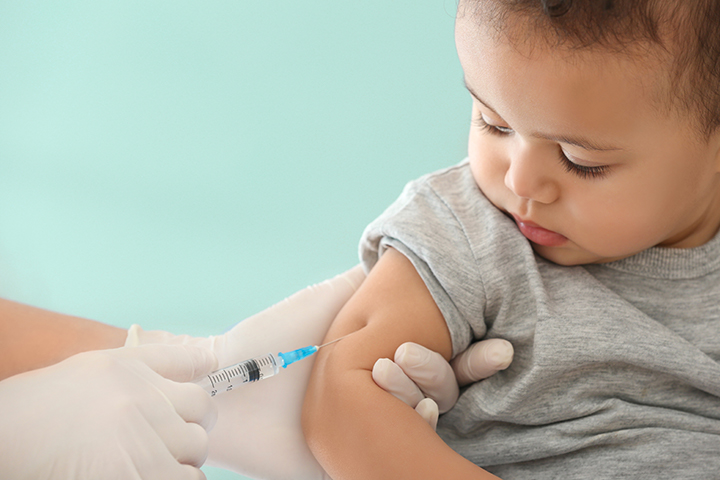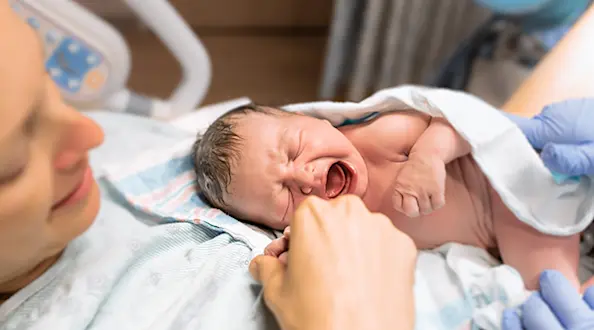As the monsoon season arrives, the risk of infections rises significantly due to high humidity, stagnant water, and the spread of waterborne diseases. Pregnant women and children are especially vulnerable during this time because of their relatively lower immunity. Vaccinations play a crucial role in preventing life-threatening illnesses during this season.

We spoke to Dr. Rohit Kaku, MD – Physician & Diabetologist, to better understand which vaccines are essential before and during the monsoon, and when they should be administered. He emphasizes that all children must be up to date on their routine immunizations, as per the Indian Academy of Pediatrics (IAP) schedule.
Here are the recommended vaccinations during monsoon, particularly for children:
Typhoid Vaccine: This is the second most advised vaccine. Since typhoid is a water borne disease, and the most common during monsoon due to contaminated water. These vaccines are advised to be taken if you are traveling to regions with inadequate sanitation or hygiene. It is recommended for kids around 9–12 months and then a booster after 2 years. Typhoid conjugate vaccine (TCV) preferred.
Influenza (Flu) Vaccine: Influenza viruses tend to circulate more during the monsoon season. Influenza shot is recommended annually to be administered 2-3 weeks before the rains. It is recommended from 6 months onwards to all. It prevents seasonal flu, Pneumonia and bronchitis, which are more common in damp weather.

Cholera vaccine: This vaccine is nowadays recommended depending on your location and prevalence of the disease in your region. Cholera is a water-borne disease caused by ingestion of contaminated water or food. The disease causes high fever, abdominal pain, etc. and if untreated can cause severe complications. It is recommended from 1 year of age onward.
Hepatitis A Vaccine: Hepatitis A is viral infections that can spread through contaminated food and water. Vaccination against Hepatitis A is recommended for children, especially if they are traveling to areas with a higher prevalence of the disease or in regions with inadequate sanitation or hygiene. Its first dose recommended at 12–23 months, followed by a second dose 6–18 months later.
Routine Immunizations (DTP, MMR, Polio, Hib, Rotavirus): Monsoon season often brings about an increase in waterborne diseases and injuries due to contaminated water and wounds. Ensure these are up to date, as monsoon can worsen susceptibility to common infections, especially if you have a higher risk of exposure to such conditions. Ensure rotavirus vaccine is completed before 8 months of age.
Vaccinations for Pregnant Women

Tdap Vaccine (Tetanus, Diphtheria, Pertussis): It protects mother and newborn from pertussis (whooping cough) and neonatal tetanus. It is recommended for pregnant women in 2 doses in 2nd & 3rd trimester, once during every pregnancy.
Influenza Vaccine: It Protects both the mother and newborn (via passive immunity) from risk of flu. It is Recommended in any trimester, preferably before or during monsoon
COVID-19 Booster (if due):
Safe during pregnancy and offers protection to both the mother and the unborn baby.
Hepatitis B Vaccine (if unvaccinated):
The first dose should be given as early in pregnancy as possible.
Vaccinations For Newborns:
Essential Vaccinations for Newborns (As per IAP Guidelines, Especially During Monsoon)

At Birth:
BCG, OPV-0, Hepatitis B (first dose), and Rotavirus vaccines are administered as part of standard immunization.
At 6–10 Weeks:
Pentavalent-1, OPV-1, and Rotavirus-1 are crucial to protect against monsoon-related illnesses like diarrheal and respiratory diseases.
At 14 Weeks:
Pentavalent-3, OPV-3, Rotavirus-3, and IPV are vital to ensure full immunization and continued protection. Maintaining complete vaccine coverage is essential.
Additional Awareness Tips:
- Rotavirus and Typhoid vaccines are critical in children under 5
- Drink boiled/filtered water, hygienic food, and mosquito protection are just as critical.
- Encourage timely vaccination pre-monsoon (Ideally between April–June)
- Ensure up-to-date immunization records for both mother and child.
- Consult a pediatrician or obstetrician for personalized vaccination schedules, especially if traveling to flood-prone or high-risk regions.




